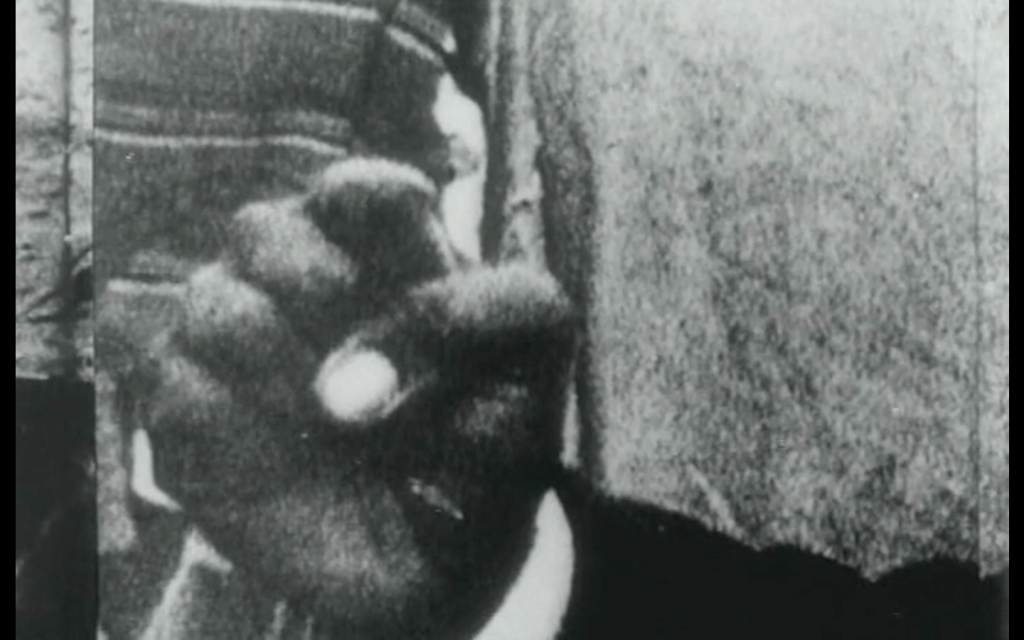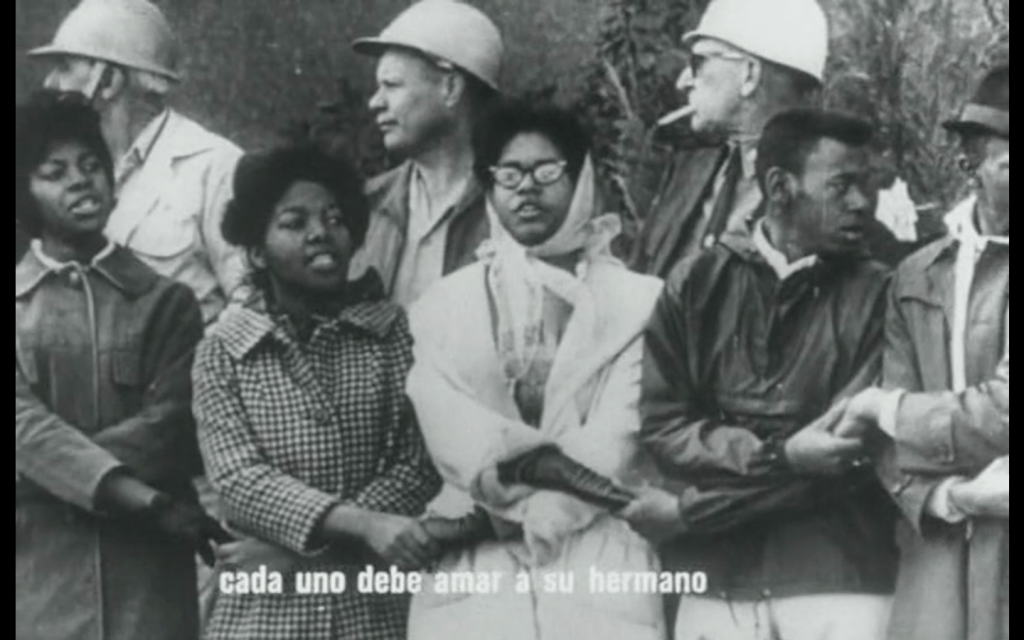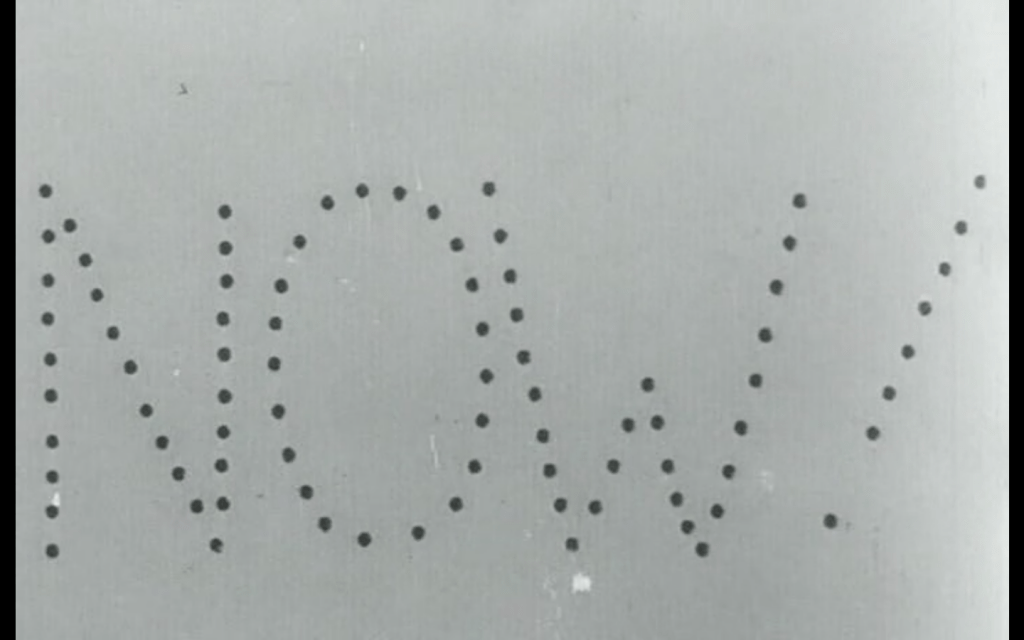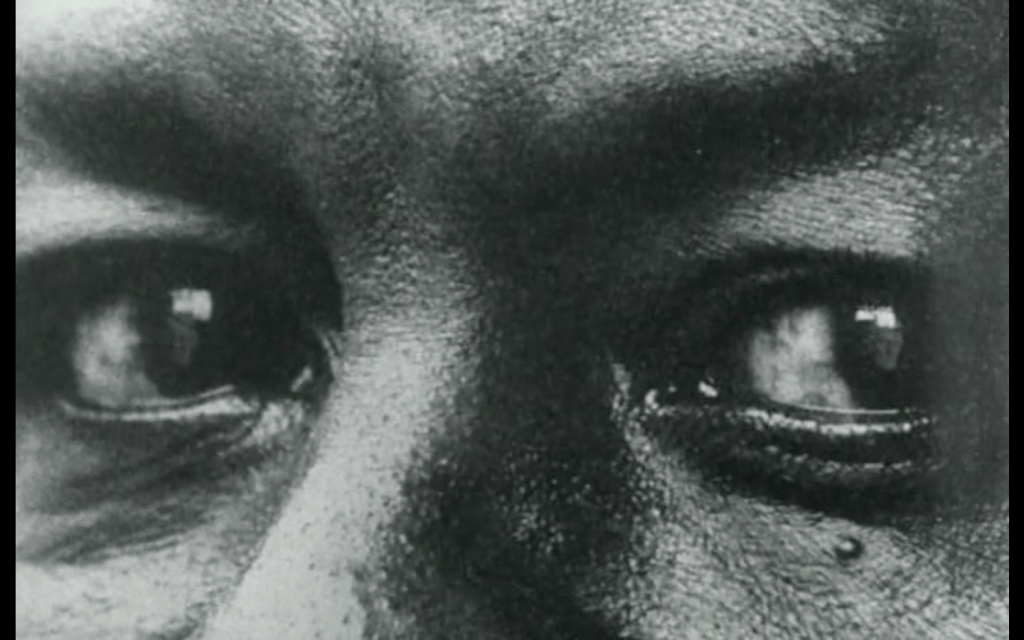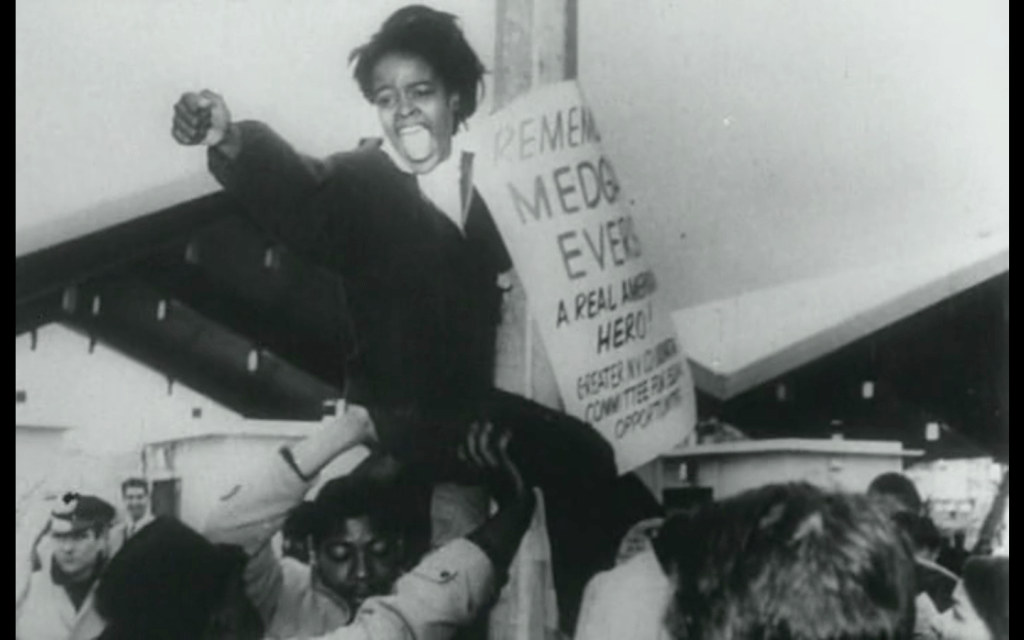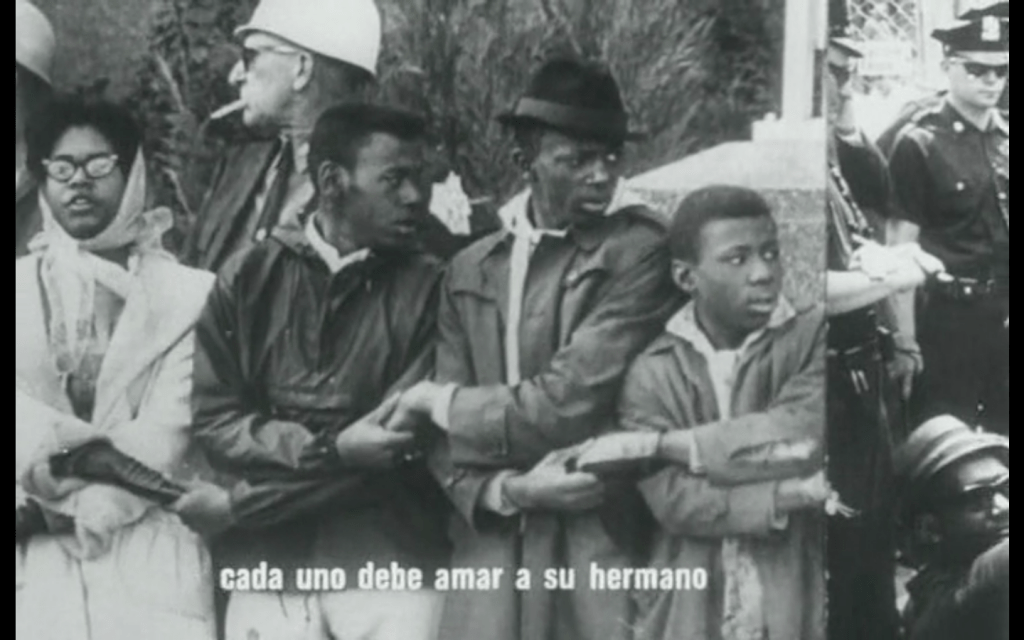Now
For us, television has had the impact that the invasion had on Mesoamerica in a sense, that is, what the so-called conquest did; this is ideological colonization, the imposition of a language, a religion and a way of life, this has all been induced by television over the last forty years in what we now call Mexico.
it is an extreme perceptual violence, because it is an imposition of what the expansion of neoliberalism and the end of many social projects will be in the 1980s and 1990s. In general terms, the 1980s was when the neoliberal regimes in Latin America commanded by the United States were established through dictatorships and military coups, and the dissemination of that new ideology, the dissemination of that new way of life is carried out fundamentally through the television. Television programs are imported from the United States, a grammar of television, cultural values, the establishment of a class and racial profile and hierarchy, as well as a paradigm of exorbitant consumption. This is what we see on Mexican television through soap operas, series, commercials, films, music, etc. It is the establishment of an ideal of beauty, an ideal of life, we don’t only import their programs but also copy them. In this way television creates a new grammar, a system of images that permeated Latin American society, culture and consciences through the news, reports, series, comedies and soap operas, the latter are also classist and racist in the extreme. Showing indigenous peoples only through their folklore, appropriating their traditions and depoliticizing their resistance struggles, propping up a fundamentally corporate notion of class and race. Spreading a classist, racist, individualist ideology, the exaltation of meritocracy, runaway consumerism, the absurd idea that things are earned on their own merits, devaluing the community and the collective. Television had an impact on the production of a national subjectivity as great as that of the golden era of Mexican films, in terms of the formation of national images and how the dialectical image of the nation was shaped. In this sense, television implies the dissemination and underpinning of a specific ideology and economy of life: neoliberalism. It is an imposition. For example, in terms of language, we have an imposition of Spanish over and above the near-disappearance of many of our native languages, since Spanish is the only official language. It is on television that we watch films which are often dubbed or with subtitles but it is mainly American cinema, although there were also films from the Mexican golden age, since Televisa, the television monopoly, owns a huge part of the country’s audiovisual and cinematographic archive.
Colectivo Los ingrávidos in Conversation with Almudena Escobar López for VSW.
